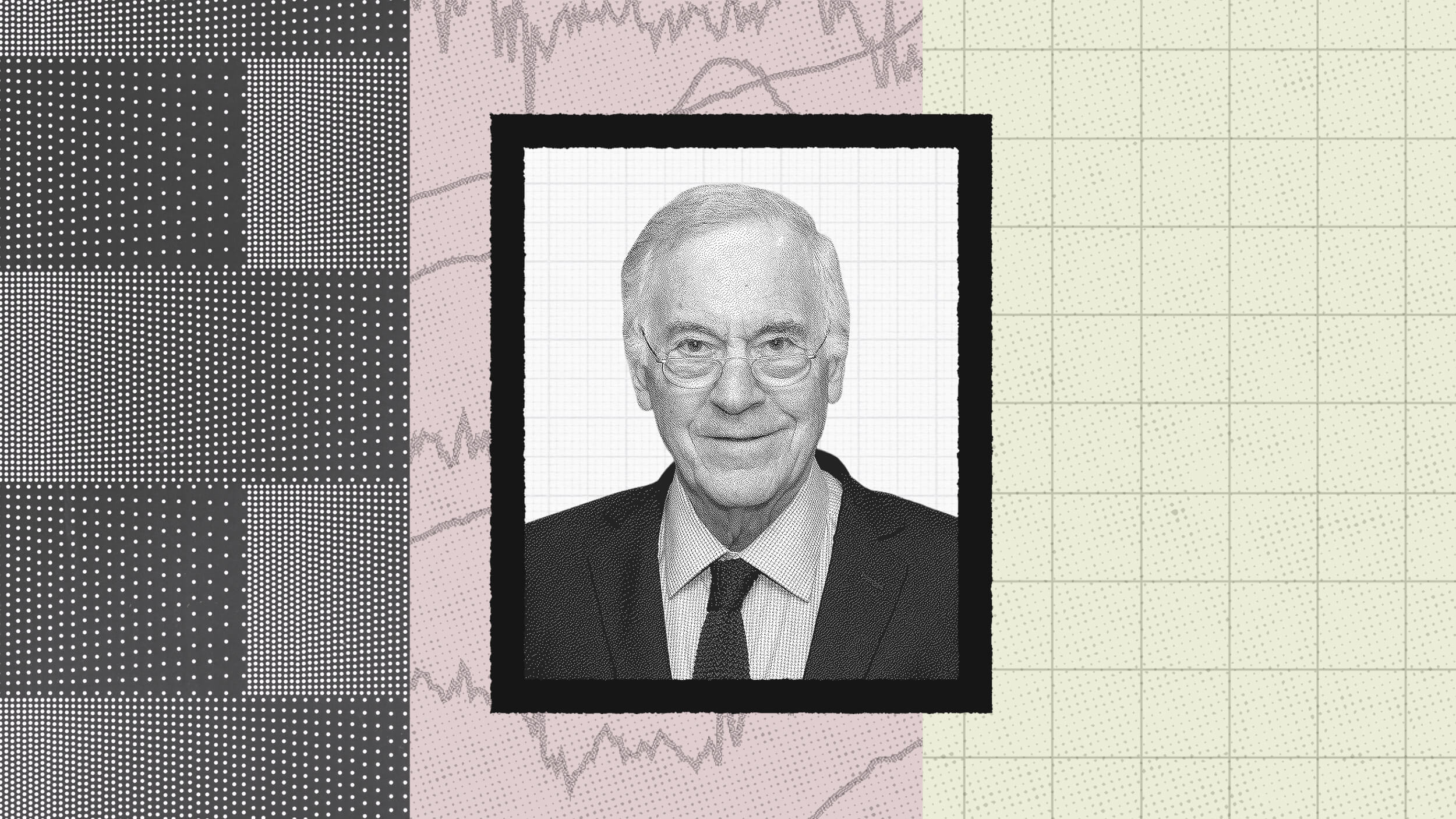The Importance of Infrastructure Investment, with Larry Summers

If in the past several years you’ve tried to ride the Washington DC Metro at a non-peak hour, you probably ran into one or more of the following: single tracking trains, closed stations, broken equipment, lengthy wait times between trains, etc. This has been the status quo for quite a while now for America’s second-busiest rapid transit system, drawing ire from riders and tourists alike. The reason why it’s a nightmare to ride Metro at night and on the weekends? Years and years of neglect. Apparently no one thought it a good idea to make routine repairs and update the system until it was too late. Now WMATA is playing catch up and Metro service has suffered as a result.
This is not an isolated incident. Here’s a report from earlier this year warning about the consequences of not investing in New York City’s crumbling infrastructure. Here’s one from Colorado. California. Texas. Last year, the American Society of Civil Engineers gave the United States as a whole a “D+” rating.
It’s somewhat understandable that few politicians wants to be the one who advocates for the massive spending it would take to update and maintain our existing infrastructure. It’s much easier to be a silent and foolish than loud and prudent. But if the United States fails to take advantage of current economic conditions to reinvest in infrastructure, it’s only going to have to inconvenience itself more in the future. See: the Washington DC Metro.
This is the gist of economist Larry Summers‘ argument in his latest Big Think interview, featured today on this site’s homepage. Summers explains that there’s no better time than now to invest in America’s infrastructure. Interest rates are ridiculously low. Unemployment in the construction sector is in the double-digits. What are we waiting for?
Summers notes that, despite the time being ripe for infrastructure updates, the United States is currently investing the lowest percentage of its output since World War II on roads, ports, airports, bridges, air traffic control towers, and schools. He asks how can we convince children that education is a high priority when paint is chipping off their classroom walls. Why are we waiting for bridges to collapse before we address their structural weaknesses? Why are we allowing ourselves to fall behind the rest of the world by not investing in modern wireless and broadband technologies?
"I think there’s enormous opportunity for productive infrastructure investment and certainly at a moment when the long term interest rate is so low there’s a great deal of investment on which we could earn a social return very much in excess of the social cost."
Summers doesn't want to see the entirety of the United States turn into the Washington DC Metro. At this current rate of putting off infrastructure improvements, it's on a matter of time until that becomes a reality.
What's your take on Summers' argument? Are there examples of crumbling infrastructure in your community? What's keeping politicians from maintaining our roads? Let us know what you think in the comments below.





